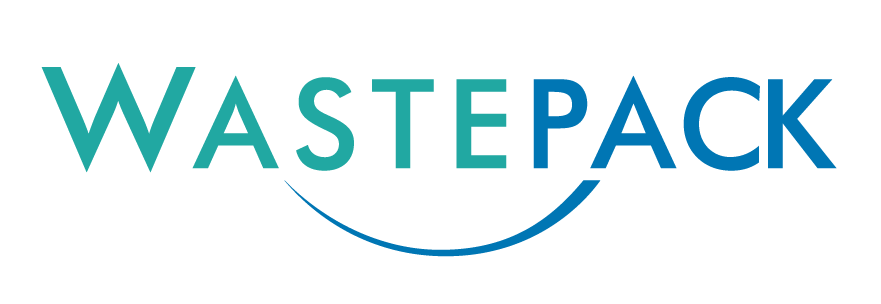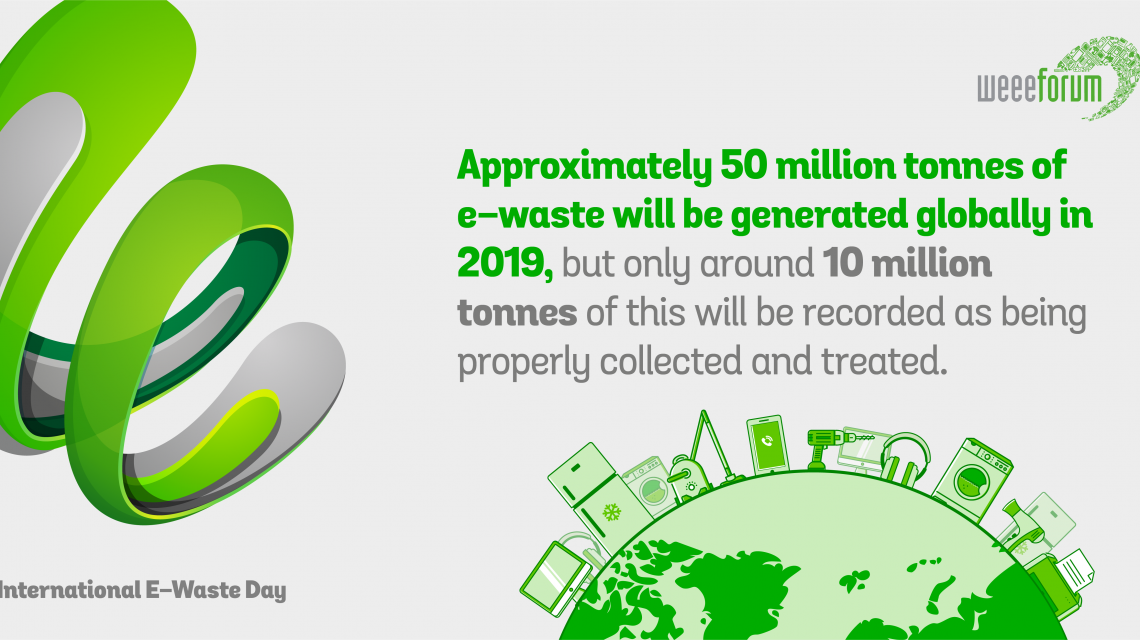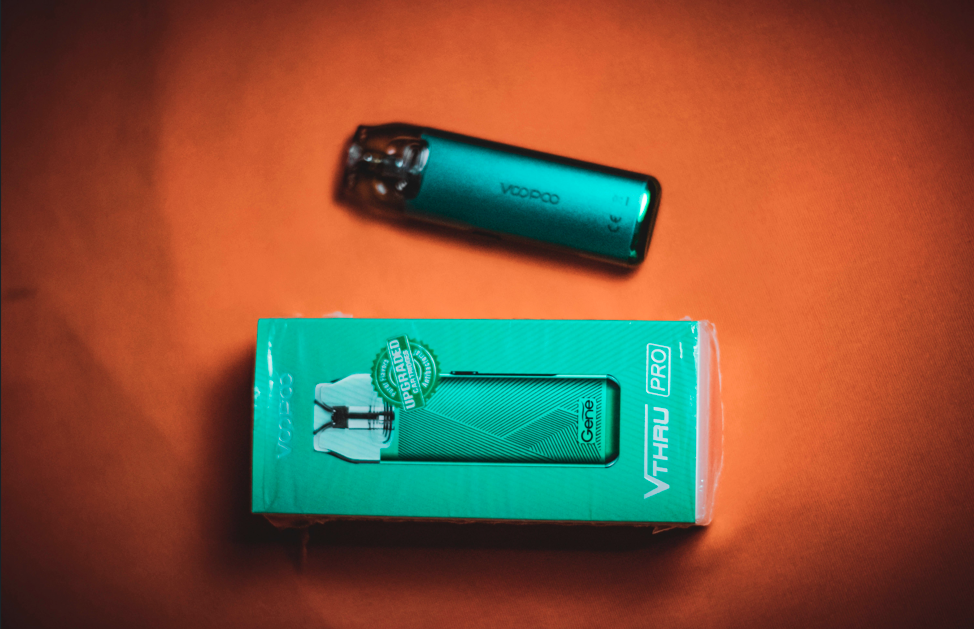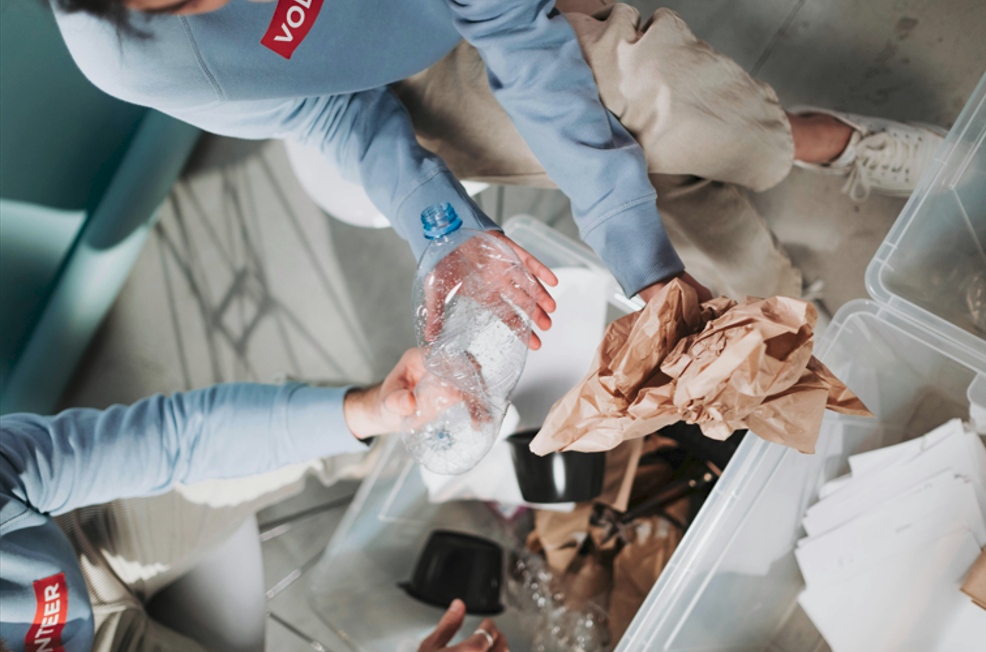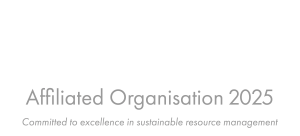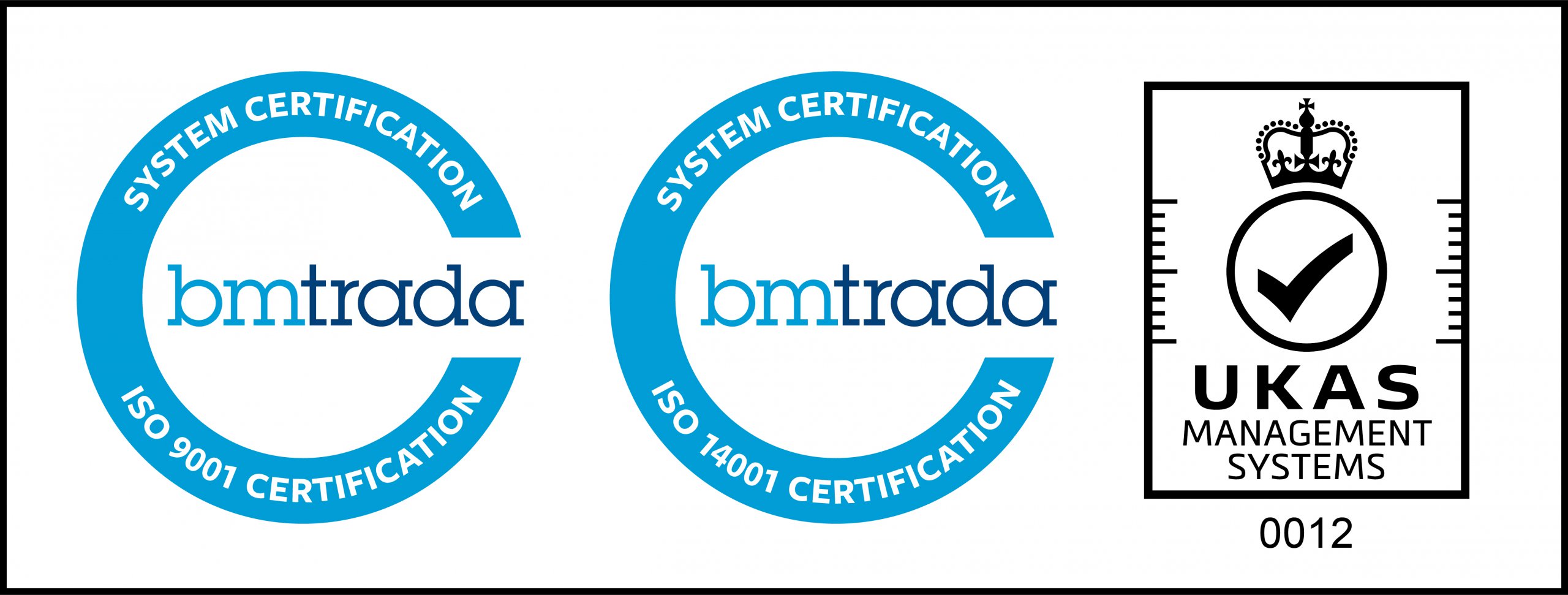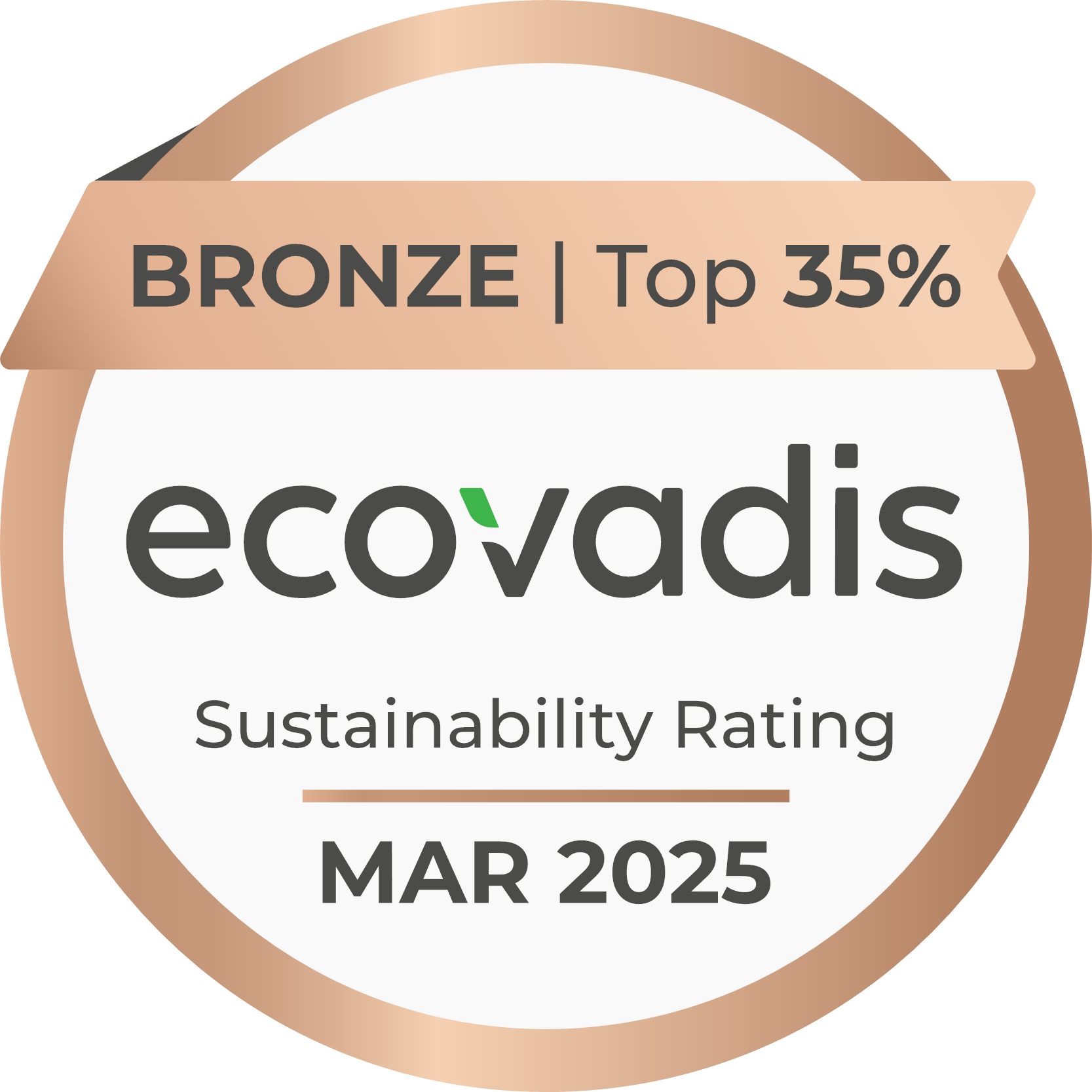Over recent years we have seen a substantial increase in consumer awareness of the issues surrounding plastics and single-use items. Across the globe there has been an array of vivid headlines in the media, and with the environment moving up the political agenda, it seems we’re experiencing an environmental revolution; some are calling this ‘The Blue Planet Effect’ and referring to ‘Plastiphobia’. Yet many consumers are blissfully unaware of the problems presented by our consumption of electronics and the subsequent Waste Electrical and Electronic Equipment, also known as e-waste.
2018 saw the world’s first E-Waste Day with over 50 organisations across over 40 countries worldwide getting involved. The event organised by the WEEE Forum, an international association of e-waste collection schemes with the support of its members. This year it took place on 14th October 2019.
The aim of the day is to raise the profile of e-waste recycling and encourage consumers to recycle their unused/broken items, to in turn increase e-waste recycling rates. According to the WEEEE Forum, here in Europe only 35% of e-waste is officially reported as collected and recycled despite being a world leader in e-waste recycling.
Throughout 2019 it is estimated that 50 million tonnes of e-waste will be generated across the globe! Personal devices such as computers, smartphones, tablets and TVs, account for half of this tonnage, with the remainder being heating and cooling equipment and other larger household appliances.
The WEEE Forum state that
“Only 20% of global e-waste is recycled each year, which means that 40 million tonnes of e-waste are either placed in landfill, burned or illegally traded and treated in a sub-standard way and this is despite 66% of the world’s population being covered by e-waste legislation. This results in the huge loss of valuable and critical raw materials from the supply chain”.
Even more organisations got involved with International E-Waste Day this year, running initiatives from conferences and events, social media campaigns and competitions, to school collection days. The WEEE Forum have also developed a collection of content available on their website here, including videos with industry representatives and infographics with key facts.
Consumers are key to increasing e-waste recycling and International E-Waste Day is becoming a great platform to raise awareness and start a conversation surrounding electricals and how to recycling them.
